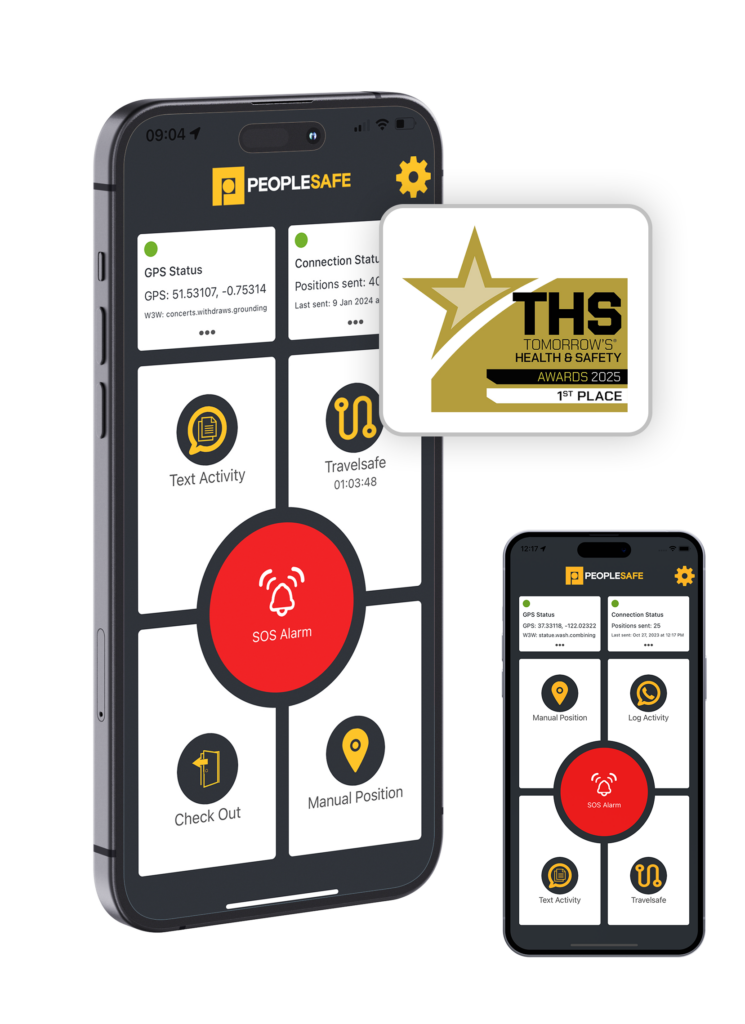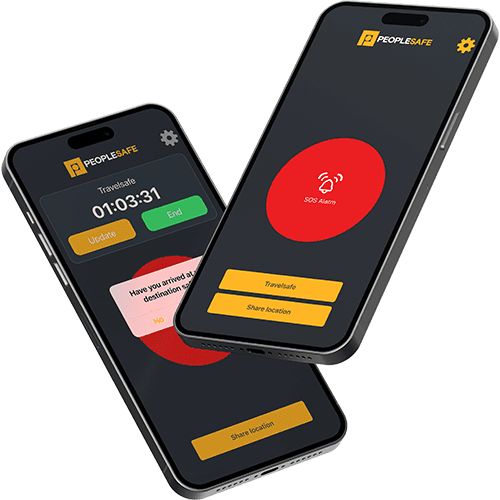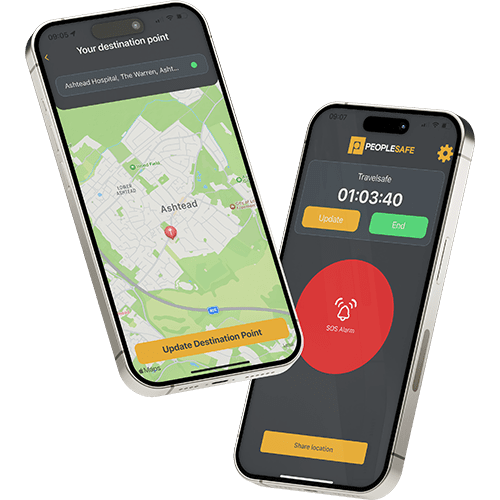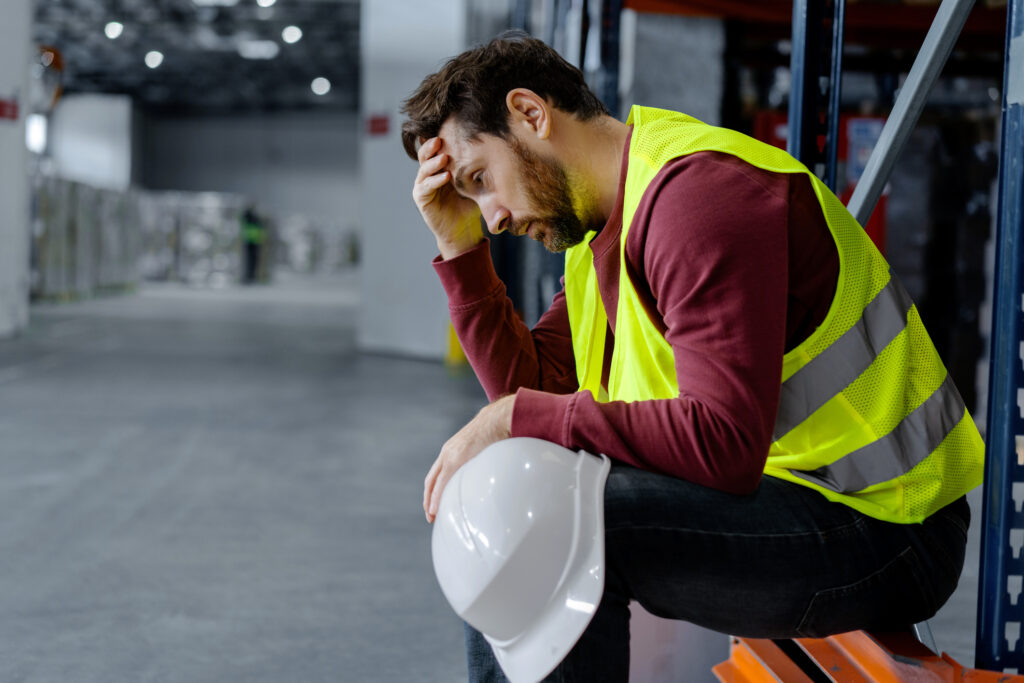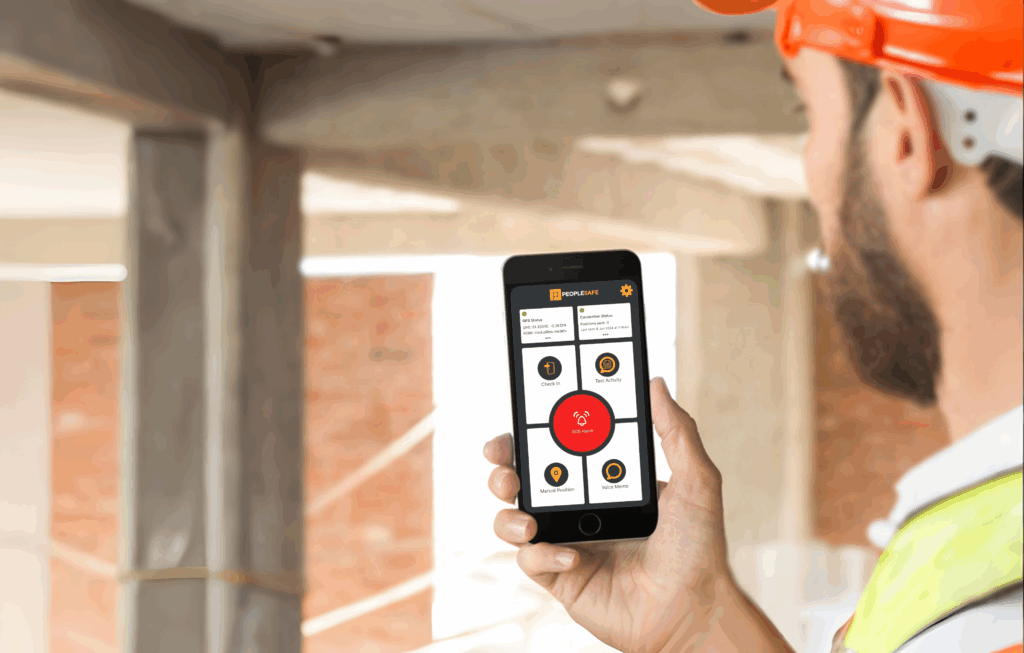Health And Safety Advice For Night Shift Workers
As the UK heads into one of the busiest times of the year, thousands of people across the country are preparing for long nights at work. From retail and logistics teams handling Christmas deliveries, to healthcare and services such as our own Alarm Receiving Centre (ARC) operating 24/7, night shifts are essential to meeting growing demand.
According to Living Wage, 25% of people in the UK usually work in the evening or at night – that equates to around 8.6 million people. That figure has risen over the past five years, with industries such as warehousing, delivery, and healthcare seeing the biggest increases as consumer expectations shift towards round-the-clock services.
The Health and Safety Executive (HSE) defines a night-shift worker as “someone who works outside of standard daytime hours, commonly for a period of between 7 pm and 7 am”, while the UK government describes night workers as those who regularly work at least three hours during this period. These definitions highlight just how broad the scope of night work has become – spanning everything from hospital staff and drivers, to security personnel and maintenance teams.
But while the need for night work continues to grow, the risks remain the same – and in some cases, they are even greater. Fatigue, commuting in the dark, isolation and exposure to higher rates of crime all affect night shift workers. It’s vital that employers recognise these challenges and take steps to protect both the physical and mental wellbeing of their teams.
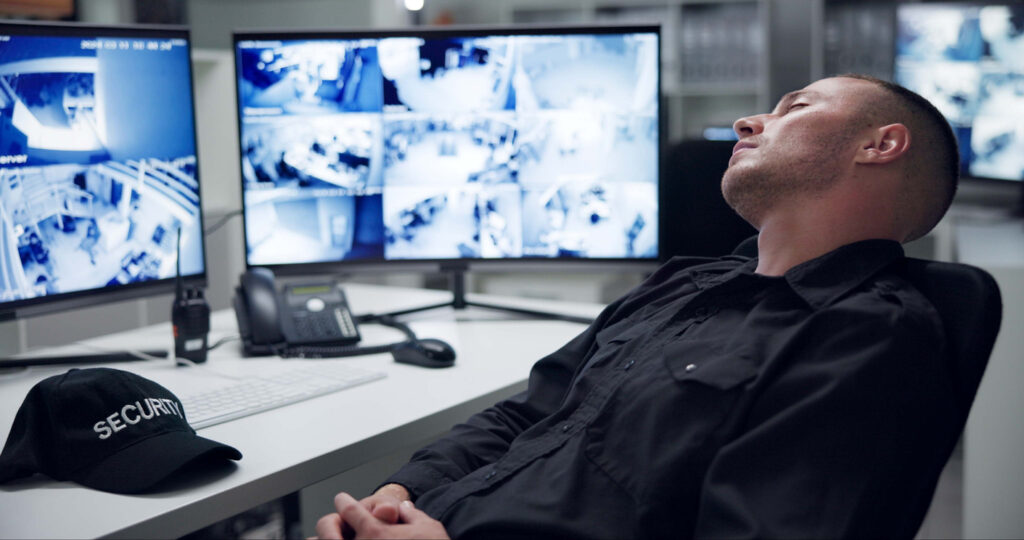
1. Fatigue
Fatigue remains one of the biggest hazards for those working nights. According to the Sleep Charity, night and shift workers face about a 25–30% higher risk of injury compared to those working standard day shifts, and report shorter, poorer‑quality sleep with greater disruption and fatigue.
Our bodies are designed to be awake during daylight and asleep at night. During the day, cortisol levels naturally rise to boost energy and alertness, while melatonin increases at night to help us rest. For night workers trying to sleep during daylight hours, this pattern is reversed, making it difficult to get the quality rest needed to recover properly.
Tiredness slows reaction times, reduces awareness and impairs decision-making, which can increase the risk of mistakes or accidents, particularly in safety-critical environments like transport, maintenance or healthcare.
Employer Advice: Managing Night Shift Fatigue
Managing fatigue effectively requires thoughtful planning and supportive policies. Employers play a crucial role in helping staff stay alert, healthy, and safe during night shifts. Here are some steps that can help:
- Designing shifts carefully to avoid long runs of consecutive night work. Alternating shift patterns can reduce fatigue, support wellbeing and allow employees to maintain social connections.
- Encouraging regular rest breaks and providing safe, comfortable rest areas.
- Promoting good sleep habits, such as guidance on sleep environments (blackout curtains, quiet spaces) and limiting caffeine before rest periods.
- Planning workloads strategically, scheduling high-risk tasks early in the shift when alertness is highest and other staff are more likely to be present to help if needed.
Employee Tips: Reducing Fatigue and Sleeping Better
While employers can reduce fatigue risks through good planning, employees can also take practical steps to manage tiredness and maintain focus throughout their shift:
- Prioritise sleep, aiming for the amount of sleep recommended by The National Sleep Foundation, which is currently 7-9 hours for adults.
- Create a restful sleep environment, including blackout curtains, low noise, and comfortable bedding.
- Stick to a consistent sleep routine as much as possible, even on days off.
- Break up tasks sensibly during the shift, tackling high-risk or demanding work when alertness is at its peak.
- Stay active and eat mindfully, using short breaks to stretch or have light snacks to maintain energy levels without over-relying on caffeine, which can cause energy crashes.
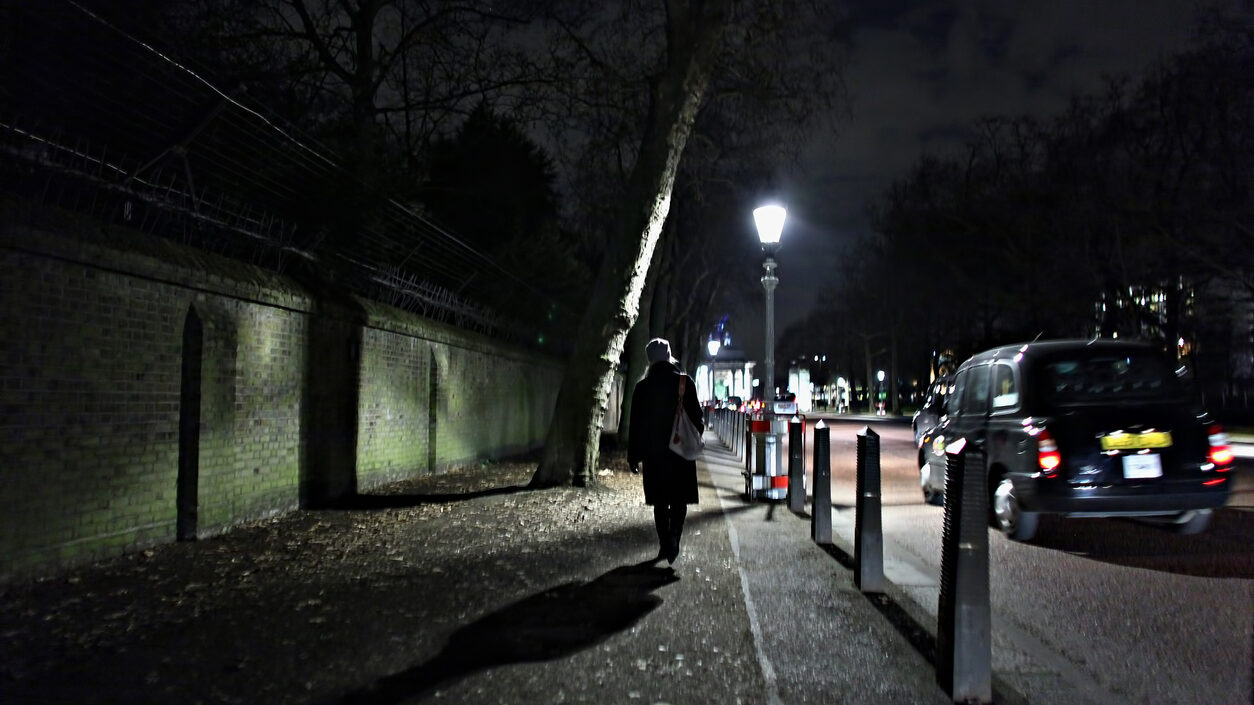
2. Commuting
Travelling to and from work in the dark poses another challenge. In the winter months, reduced daylight hours mean many night workers start and finish shifts in darkness, when fewer people are around and visibility is lower, which makes it harder to spot potential hazards.
Data from British Transport Police shows a rise in reported harassment and assaults on public transport, while road safety charity Brake, report that tiredness-related driving incidents are most common between 2-6 am and 2-4 pm.
Employer Advice: Safe Night-Time Commuting
Employers can make a big difference to how safely staff travel to and from work, especially during darker hours when visibility and security risks are heightened. The following measures can help reduce commuting-related risks:
- Provide well-lit parking areas or shuttle services for staff finishing late.
- Implement buddy systems so employees can travel together when possible.
- Encourage staff to share their journey plans with colleagues, friends, or family.
- Support the use of personal safety technology, such as Travelsafe, which shares employees’ journey details with Peoplesafe’s 24/7 Alarm Receiving Centre so help can be dispatched immediately if something goes wrong.
Employee Tips: Staying Safe While Travelling at Night
Employees can also take sensible precautions to protect themselves and feel more confident when working or travelling during higher-risk hours. Here are some useful steps to consider:
- Stick to well-lit routes and avoid shortcuts through quiet or isolated areas.
- Avoid distractions, such as headphones or looking at your phone, to stay alert.
- Keep valuables out of sight and wear practical clothing and footwear.
- Inform someone when you leave and when you expect to arrive, so someone can escalate if you don’t check in.
- Park close to your workplace when driving to reduce walking distance in the dark.
- Use personal safety technology, such as a personal safety app or device. If your employer doesn’t already provide this, suggest implementing it to help keep yourself and colleagues safe during night shifts or when travelling alone.

3. Crime
As fewer people tend to be out and about during the night, it is not surprising that this is when crime rates tend to be the highest. The Crime Survey for England and Wales (CSEW) found that more than half of violent incidents (54%) occurred in the evening or during the night, in this case, ranging from 6 pm to 6 am.
Although all types of crime have higher rates during the night, it is advisable that employees are made aware of the times that they are most at risk within their own role, for example as crimes within shops are most likely to occur in the early evening from 3 pm-6 pm, while 59% of sexual assaults occur at night time, putting employees who travel alone at a particularly high risk.
Employer Advice: Reducing Crime Risks
Employers have a duty to create a safe environment for those working at night, including measures that reduce the risk of crime and support staff in difficult or confrontational situations. The actions below can help strengthen safety protocols and staff confidence:
- Secure the workplace by controlling access, locking unused areas, and monitoring entrances with CCTV or security patrols.
- Implement buddy systems or regular check-ins for staff working alone or in high-risk areas.
- Provide training so employees understand the risks associated with their role and how to respond safely in confrontational situations.
- Establish discreet communication methods, such as duress words or phrases that allow employees to raise the alarm without alerting an aggressor.
- Encourage the use of personal safety technology, such as apps or devices connected to a 24/7 monitoring service like Peoplesafe’s ARC, so help can be called discreetly and immediately if needed.
Employee Tips: Protecting Yourself from Crime
Employees can also take sensible precautions to protect themselves from crime when working or travelling during higher-risk hours. Here are some useful steps to consider:
- Be aware of high-risk times for your role and location, and plan tasks accordingly.
- Avoid being isolated when possible, stay in areas where colleagues can see or hear you.
- Stay alert and vigilant to your surroundings, particularly when walking or travelling alone.
- Use personal safety technology provided by your employer, or suggest its introduction if it isn’t already available.
- Follow site security procedures and report any suspicious activity immediately to your manager or security team.

4. Mental Health and Isolation
Night shifts can take a significant toll on mental wellbeing. Missing out on social activities, family time, and daytime interactions can lead to isolation, stress, and low mood. On top of this, the fatigue that often comes with night work can exacerbate these effects, making it harder to manage stress.
Research from the Mental Health Foundation shows that those working irregular or long hours are more likely to experience symptoms of anxiety and depression, highlighting the close connection between disrupted sleep, physical strain, and mental health challenges.
Employer Advice: Supporting Night Shift Mental Health
Supporting mental health and preventing isolation should be a core part of any night work strategy. Employers can take the following steps to create a more supportive environment:
- Check in regularly with night staff and encourage open conversations about wellbeing.
- Provide 24-hour access to Employee Assistance Programmes (EAPs) for confidential support.
- Include night shift workers in company communications and wellbeing initiatives so they feel part of the wider team.
- Ensure facilities are safe, comfortable, and welcoming to create a positive work environment during late night hours.
Employee Tips: Maintaining Mental Health and Wellbeing
Maintaining good mental health while working nights can be challenging, but there are ways to protect wellbeing and stay connected both inside and outside of work. The steps below can make a real difference:
- Stay connected with friends and family, making time for social interactions where possible.
- Access support services, such as EAPs, if feeling stressed or anxious.
- Maintain a routine that balances work, sleep, and leisure time to support wellbeing.
- Create a comfortable home environment for rest and downtime, including quiet spaces for sleep during the day.
- Speak up to your manager if workload, shift patterns, or isolation are affecting your mental health.
How Peoplesafe Can Help
Employers have a legal duty to assess and manage the risks faced by their employees, including those working at night.
Peoplesafe can help employers fulfil this duty of care by implementing an employee safety service. We offer solutions ranging from a variety of dedicated personal safety devices to a simple addition to the employee’s mobile phone, giving you the flexibility to find a service best suited to your needs.
Additionally, all of our devices are portable and can be paired with several accessories to transform them into a piece of discrete wearable technology, such as via a belt clip or pendant holder. This allows users to carry their alarm with them at all times while working without any hassle, so that it is readily available in the event of an emergency.
When an alarm is raised, an alert is sent directly to our Alarm Receiving Centre (ARC), where our expertly trained Controllers will be able to listen to the ongoing situation through the device. The Controller will listen carefully to ensure that it is safe to communicate with the user while simultaneously assessing the situation.
If the Controller feels that it is safe to talk, they will establish contact with the user in order to diffuse the situation and follow the necessary procedure. If they do not receive a response from the user after attempting to communicate with them, they will follow the pre-determined escalation procedure to resolve the alarm.
Having a Peoplesafe lone worker app or device means that your employees can quickly and easily summon help from colleagues or emergency services, while giving them the peace of mind that allows them to complete their job safely.

